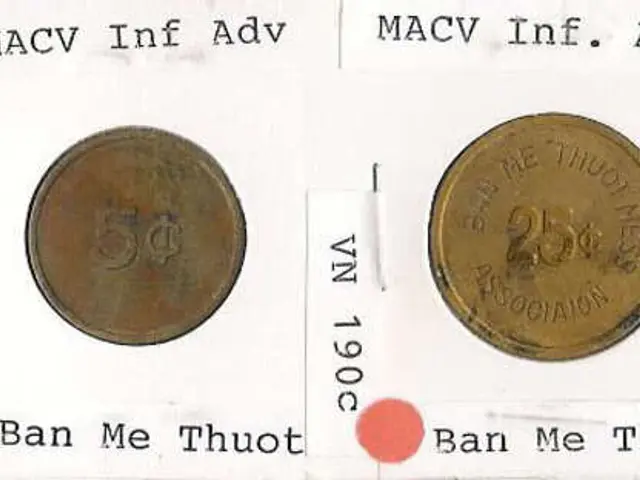Programming Tools for Javascript: Node.js Frameworks
Popular Node.js Frameworks in 2025: A Comprehensive Guide
In the dynamic world of software development, Node.js frameworks have emerged as powerful tools for building robust and efficient applications. Here, we explore some of the most popular Node.js frameworks and their key features.
Express.js is the foundational Node.js framework, renowned for its simplicity and a rich ecosystem. It offers a robust routing architecture, strong middleware support, over 1400 middleware extensions, and a large community. Express.js is ideal for standard web and mobile apps, but may not be as efficient for complex applications due to boilerplate management.
Hapi.js is another popular choice, providing fine-grained request handling, API documentation support, caching, authentication, and input validation. This makes it suitable for building robust web servers and bridging client-server interactions efficiently.
Derby.js stands out for its focus on real-time web applications. It offers automatic conflict resolution synced via ShareDB, server-side template rendering with native DOM methods, and scalability with custom code capabilities. Derby.js is perfect for real-time collaborative web apps.
NestJS, a TypeScript-based framework, is particularly suited for building scalable and maintainable server-side applications. It supports modular architecture, dependency injection, and integrates well with other libraries and tools like TypeORM, Mongoose, and GraphQL.
Additional frameworks to consider, especially for server-side rendered apps, include Next.js and Nuxt.js, which build on the React and Vue ecosystems, respectively, though they are not purely Node.js but common in full-stack JS development.
Koa.js, designed by the same team that developed Express.js, focuses on being a smaller, more expressive, and more robust foundation for web applications and APIs. It uses ES6 Generators to handle asynchronous code, making it more readable and easier to maintain.
MVC, Full-stack MVC, and REST API Frameworks are the three types of Node frameworks. SailsJS is a MVC-based framework designed for building custom web applications and APIs, while Feathers.js is a simplistic real-time framework built on top of Express.js for creating advanced web applications. LoopBack is a Node.js framework that facilitates developers in setting up models and building powerful end-to-end REST APIs with minimal coding.
MEAN.JS is an end-to-end framework for developing dynamic web applications using MongoDB, Express, AngularJS, and Node.js. MeteorJS is an open-source Node.js web framework responsible for producing cross-platform codes and rapid prototyping.
Hapi.js offers a declarative configuration approach, focusing on configuration-driven development. It also provides integrated caching support for improved performance.
In summary, each of these frameworks offers distinct features catering to different development needs, improving performance, reducing development time, and enhancing developer productivity. Choosing the right framework depends on the specific requirements of your project.
[1] Source: Official Express.js documentation[2] Source: Official Hapi.js documentation[3] Source: Official Derby.js documentation[4] Source: Official Nest.js documentation[5] Source: Official Next.js documentation[6] Source: Official Nuxt.js documentation[7] Source: Official Koa.js documentation[8] Source: Official SailsJS documentation[9] Source: Official Feathers.js documentation[10] Source: Official LoopBack documentation[11] Source: Official MEAN.JS documentation[12] Source: Official MeteorJS documentation
- To further optimize the development process, technology like trie data structures can be utilized to improve the efficiency of autocomplete features within these Node.js frameworks, particularly in handling large amounts of data.
- In addition, stack-based algorithms can be implemented for effective memory management in the asynchronous nature of Node.js, ensuring seamless operations within complex applications built using these popular frameworks.




